Thursdays 1
Growing Up: Coming of Age Around the World
Programmed by Alex Kong
"Adolescence is pretty much acknowledged to be the single most stressful and frightening period of human development - the stage when the adulthood we claim to crave begins to present itself as a real and narrowing system of responsibilities and limitations." - David Foster Wallace
The pervasiveness of the coming-of-age story, recurring across cultures and artistic mediums, makes it worth asking why such an apparently simple and well-trodden narrative framework continues to exercise such a powerful hold over our collective imagination. Perhaps one reason why it resonates so strongly is the fact that the experience of becoming an adult is one of the few that can be said to be truly and ineluctably universal - quite literally, every person in the world has gone through it - and so, every person in the world is as a result intimately familiar with its uniquely terrifying parade of near-constant torments. At the same time, it's also inescapably specific, always mediated by the circumstances and identity into which its subject has been hurled. This curious blend of (seemingly) diametrically opposed qualities is one which this series attempts to interrogate: can we stretch our empathy to encompass situations which are completely foreign to us? Could it be that the specificity and vivacity of the milieus in which these films are situated actually engages our empathic capacities even more? From feudal-era Japan and the Outback of Australia, to the housing projects of Essex and the countryside of Bengal, the films which comprise this series ask these sorts of questions, at the same time as they exhilarate, stir, and purge the emotions. The end result is hopefully to cast this set of films in a light which brings out the way in which they celebrate the diversity of experiences undergone by those coming of age, as well as illustrating that different kinds of people from all around the world share, in the last analysis, far more than their wildly disparate circumstances may first suggest.
9/28/2017 @ 7:00 PM
Fish Tank
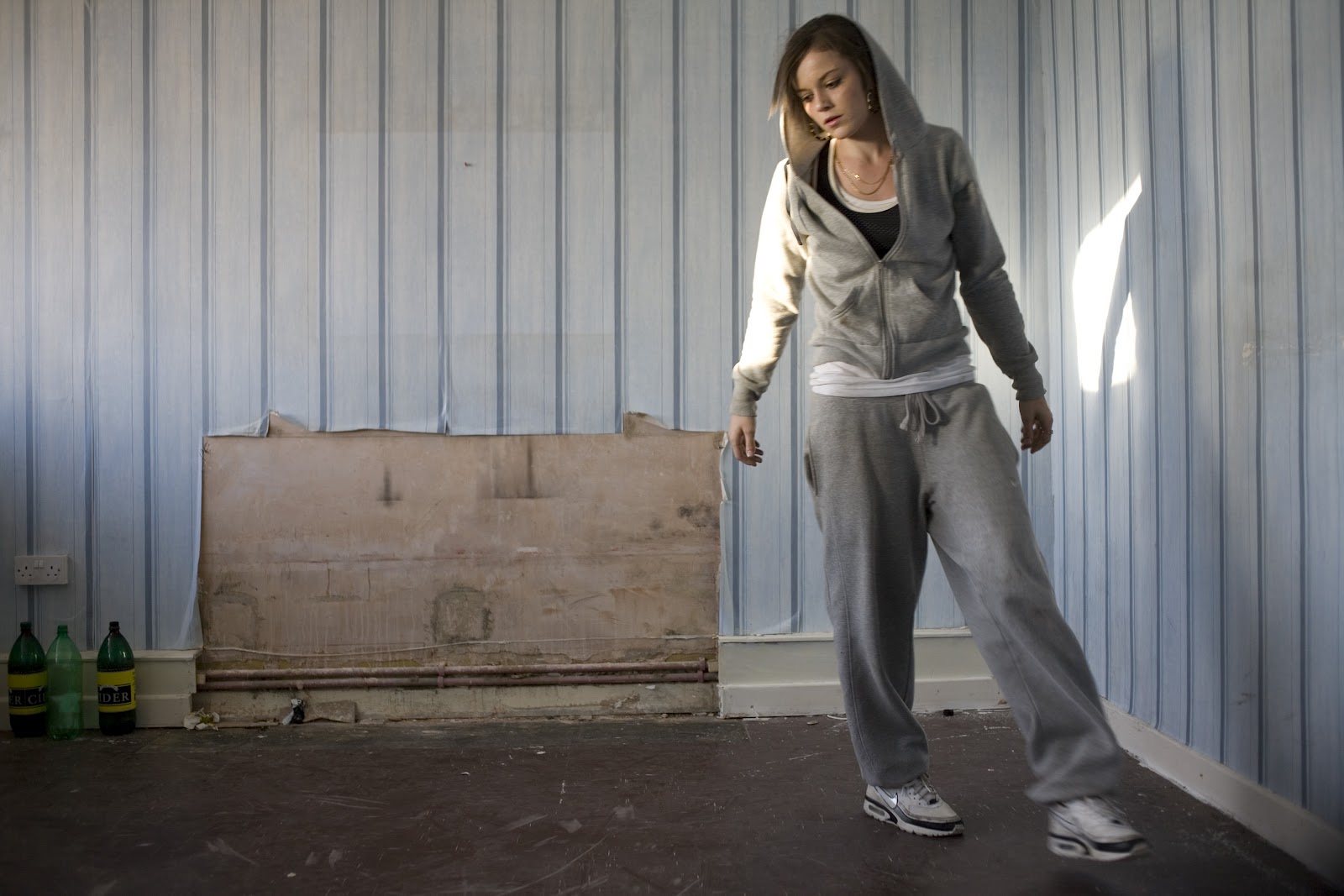
(Andrea Arnold, 2009) · 15-year-old Mia's constant struggle to survive in the projects of Essex is further complicated by the arrival of her resentful mother's new boyfriend (a devilishly handsome Michael Fassbender). The tragedy of her suffocating circumstances, in which the adults act like children and the children act like adults, in the most perverse ways, is vividly illustrated in this searingly intense depiction of the loss of a child's innocence, cementing director Andrea Arnold's place at the forefront of contemporary cinema.
runtime: 123m format: 35mm
10/5/2017 @ 7:00 PM
Rushmore
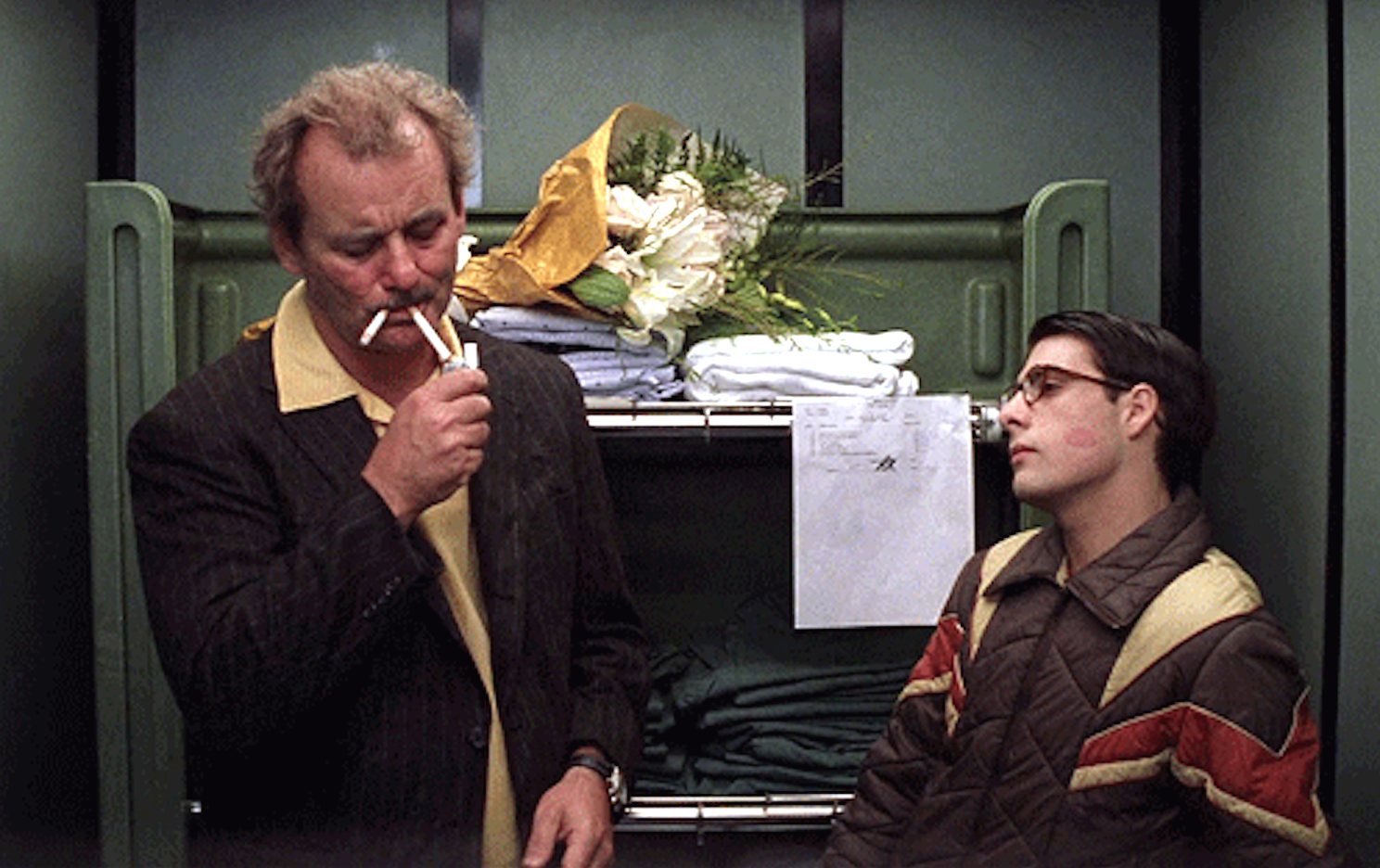
(Wes Anderson, 1998) · High-schooler Max Fischer is a precocious misfit who dreams of greatness, often finding himself at odds with a world not quite prepared for the intensity of his ambition. This delightful and poignant cult classic tracks his attempts to navigate the difficulties of adolescence - derailed aspirations, prospective romances, and first initiations into disappointment and disillusionment- in the extravagant style for which Wes Anderson has become iconic.
runtime: 93m format: 35mm
10/12/2017 @ 7:00 PM
Walkabout
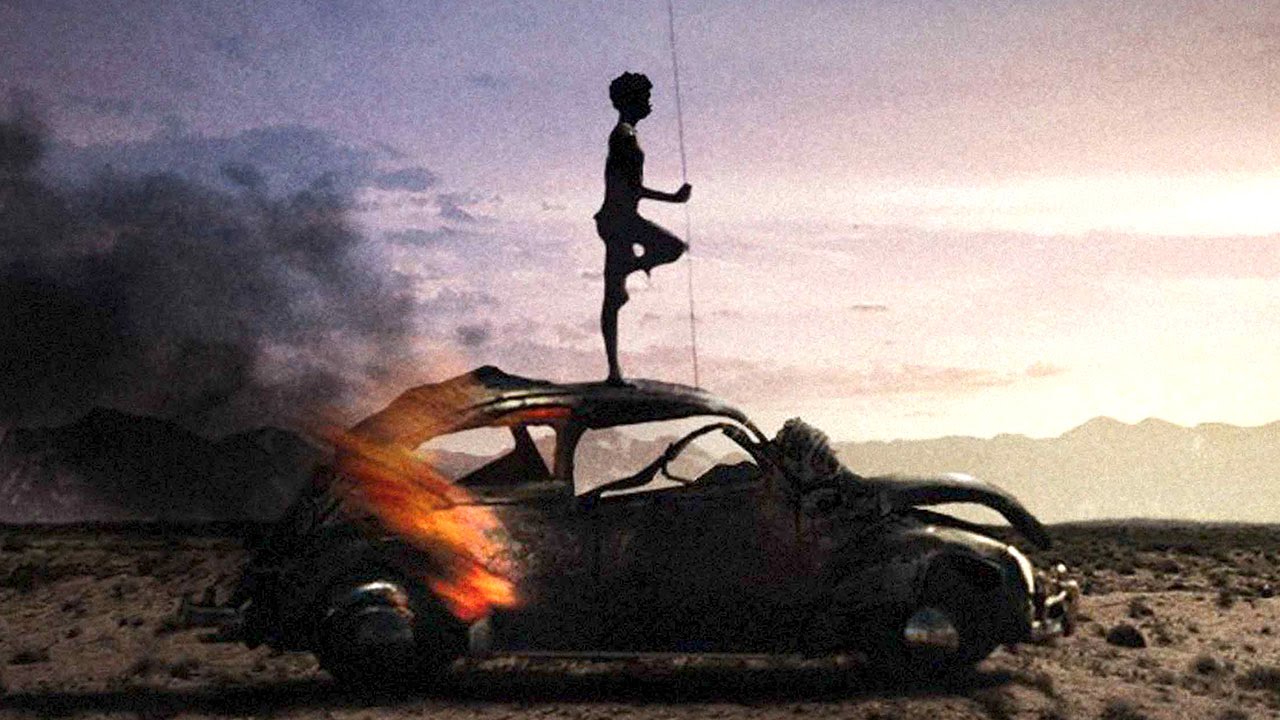
(Nicholas Roeg, 1971) · Boasting some of the most breathtaking cinematography ever committed to celluloid, Walkabout tells the enchanting tale of two siblings from Sydney and an aboriginal youth, adrift in the unforgiving wilderness of the Australian Outback. Their journey takes them both through the landscape and into themselves, but as the darkness flickering at the edges of their apparently idyllic odyssey begins to creep in, this unlikely trio find themselves unmoored in more ways than one from recognizable coordinates.
runtime: 100m format: 35mm
10/19/2017 @ 7:00 PM
Aparajito
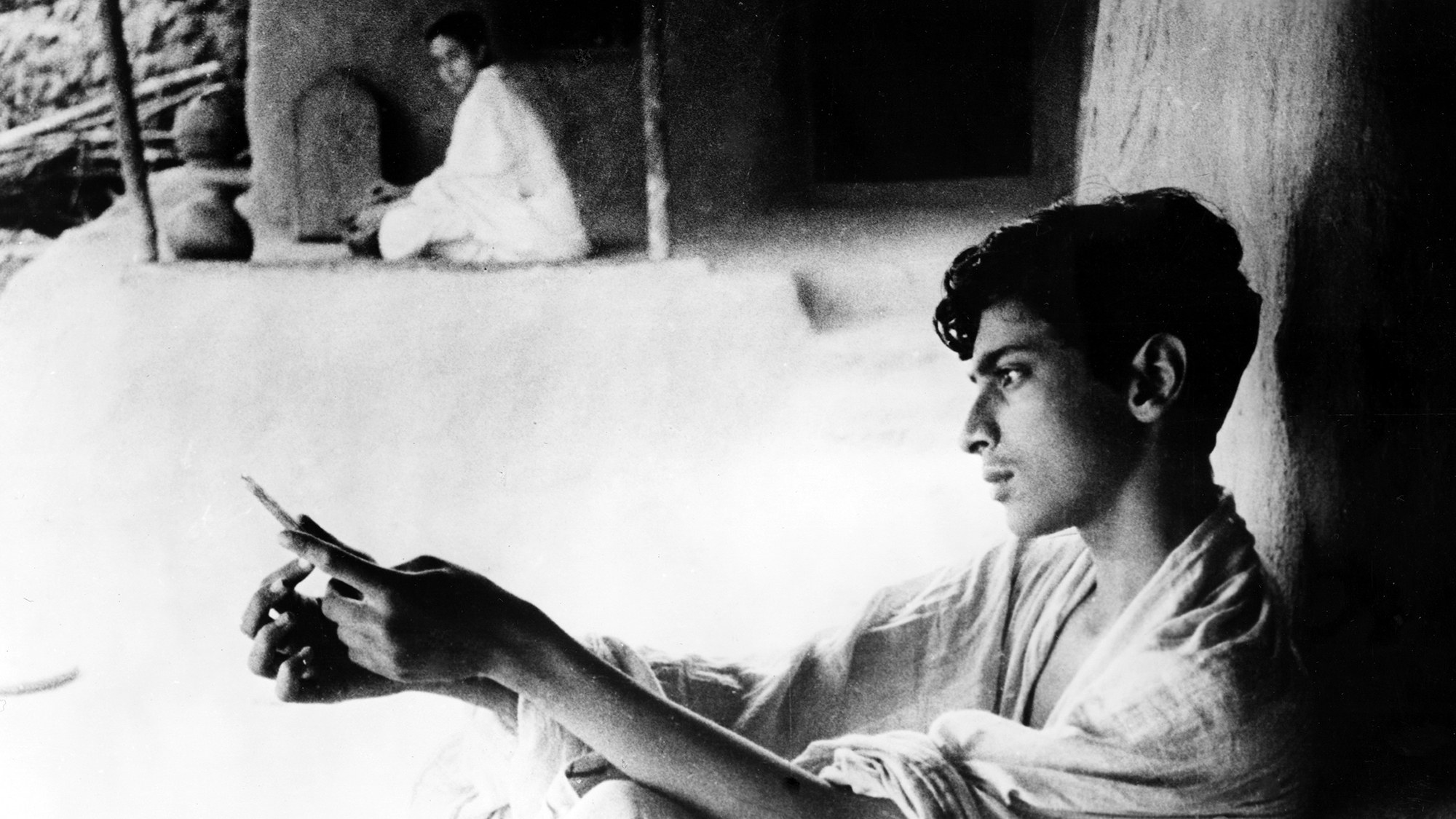
(Satyajit Ray, 1956) · The second entry in the landmark Apu trilogy, Aparajito continues the story of the now-teenage Apu, depicting his struggles as he leaves home, starts college, and learns to endure the pain of dislocation and loss. Observing Apu come into his own, Satyajit Ray exhibits in this film the same visual flair and humane vision which earned him the status of cinematic master, topping it all off with a heartbreaker of an ending that will make you want to call your mom afterwards.
runtime: 110m format: DCP
10/26/2017 @ 7:00 PM
The 400 Blows
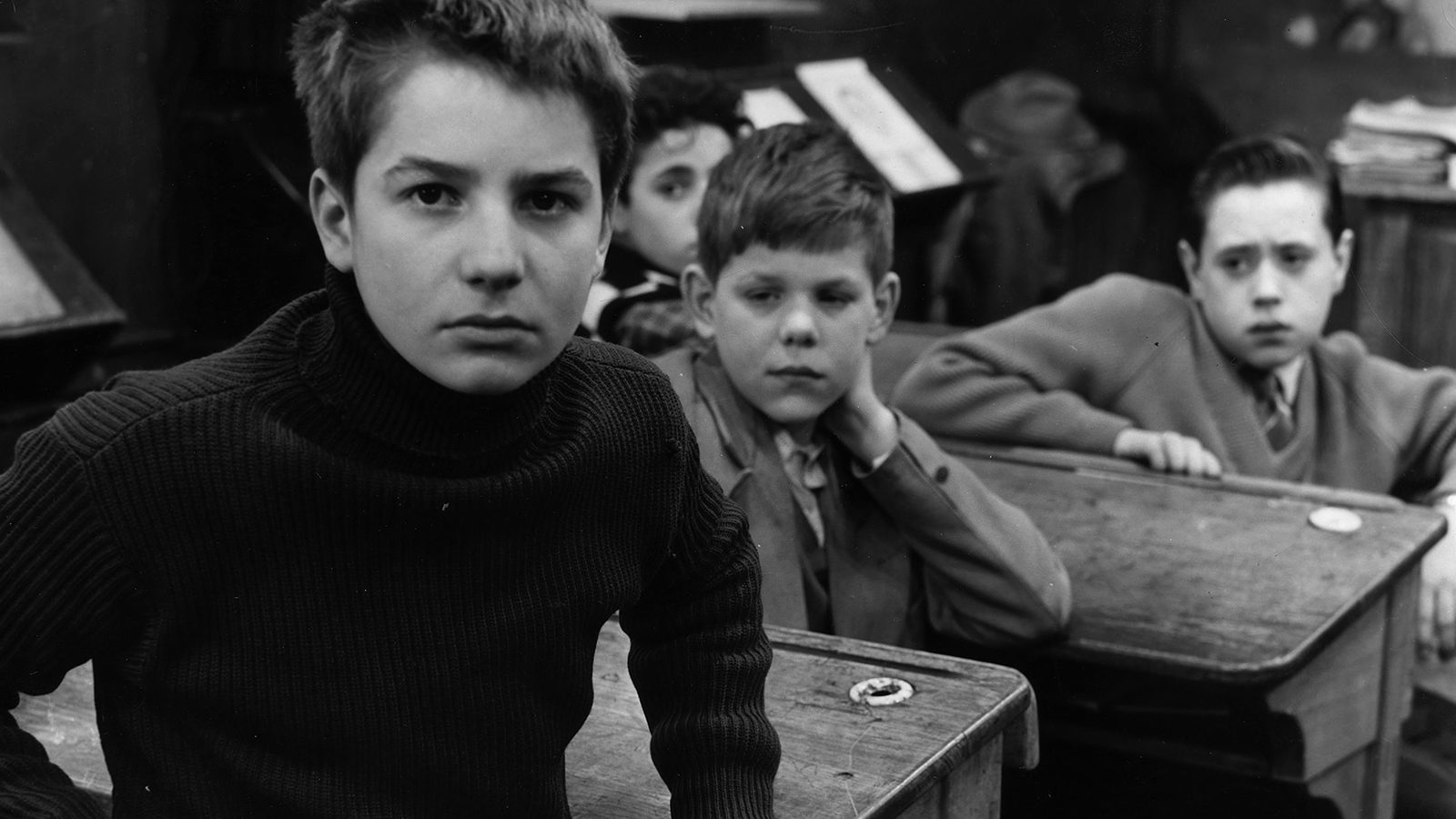
(François Truffaut, 1959) · François Truffaut's staple of arthouse cinema needs no introduction. This catalyst of the French New Wave is one of those films that no self-respecting cinephile can ignore; if it feels familiar, that's only a testament to the pervasiveness and durability of its influence. That said, the story of the perpetually misunderstood Antoine, from the tender intimacy of its details to its endlessly mimicked but never matched final frame, continues to hold up as a great film in its own right.
runtime: 99m format: 35mm
11/2/2017 @ 7:00 PM
George Washington
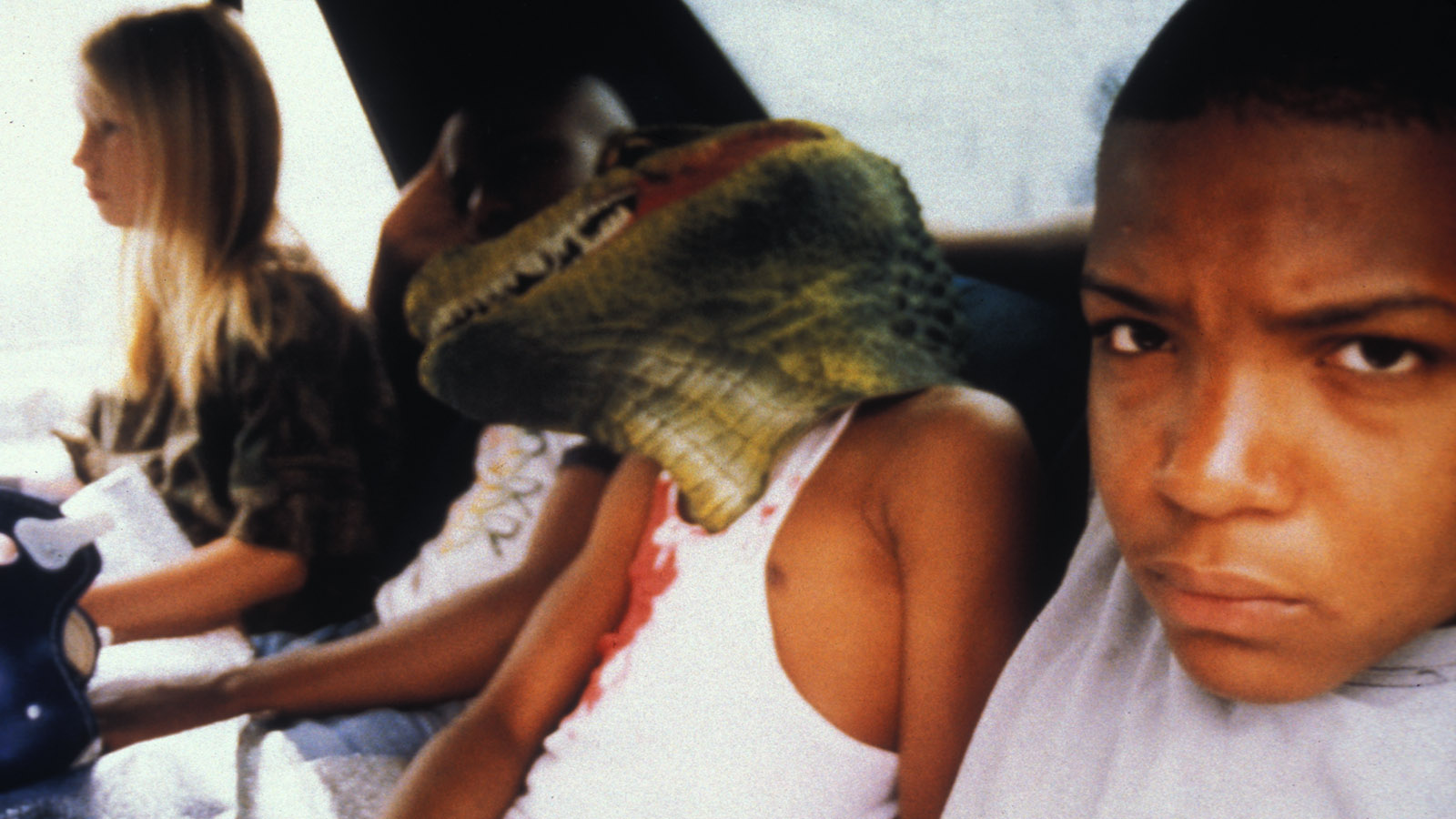
(David Gordon Green, 2000) · With this fully-formed debut, David Gordon Green announced himself as one of the most exciting voices in independent cinema. Drawing upon the mood-drenched impressionism of such masters as Malick and Wong, in both a setting and a style that recall Faulkner's Yoknapatawpha County, George Washington follows the daily lives of a group of adolescents as they drift aimlessly upon the rhythms of childhood - until a sudden tragedy unceremoniously throws them into adulthood's torrents.
runtime: 90m format: 35mm
11/9/2017 @ 7:00 PM
Sansho the Bailiff
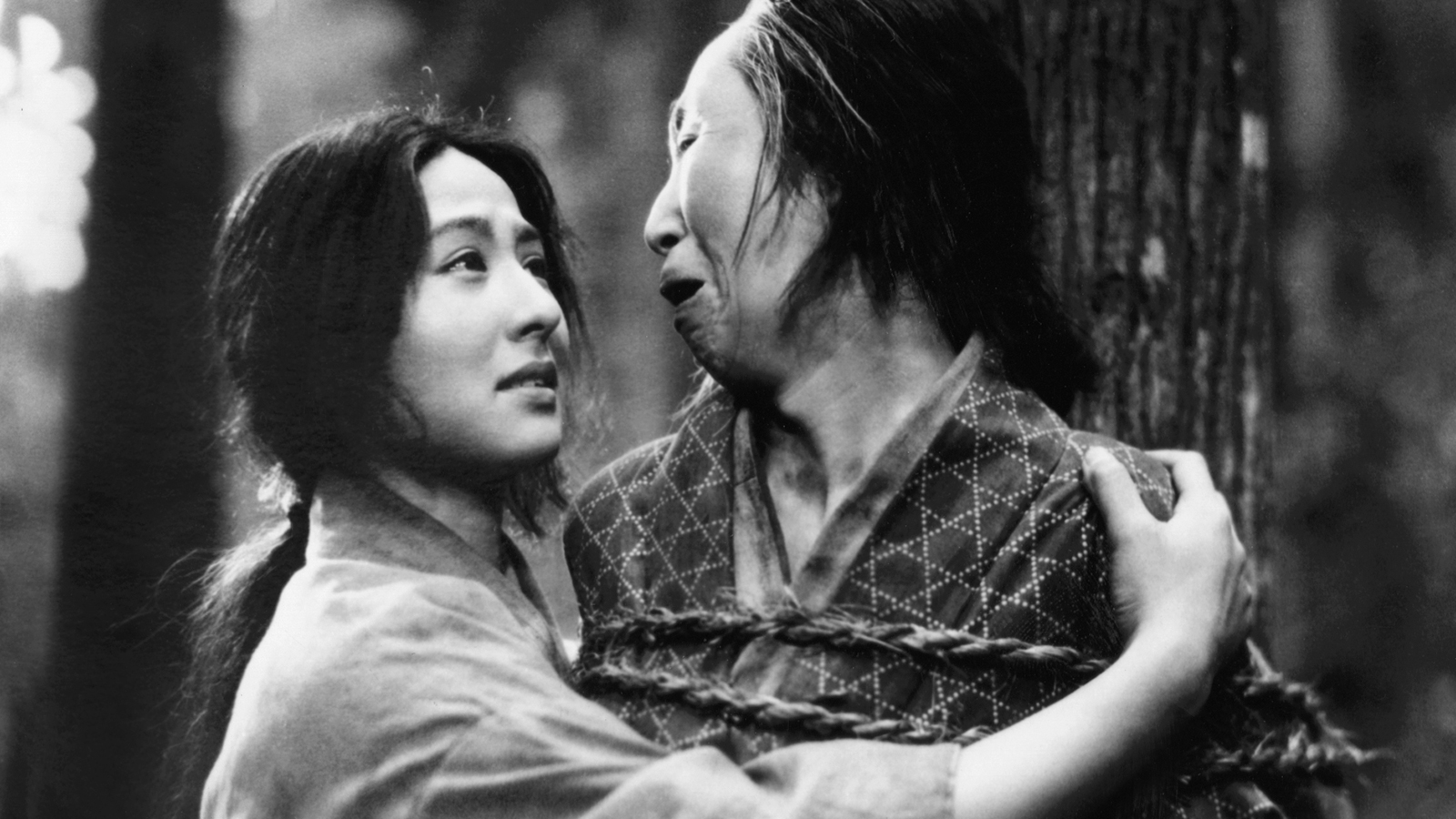
(Kenji Mizoguchi, 1954) · Heralded as one of the greatest achievements of the cinema, Sansho the Bailiff opens with a declaration that its plot dates from an age when "mankind had yet to awaken as human beings". And indeed, the story of siblings Anju and Zushio being torn from their parents and sold into slavery is one of gratuitous brutality, of the most venal kind; at the same time, it's also one of moving kindness and selfless sacrifice, and encompasses the entire range of humankind's depravity and nobility.
runtime: 124m format: 35mm
11/16/2017 @ 7:00 PM
Distant Voices, Still Lives
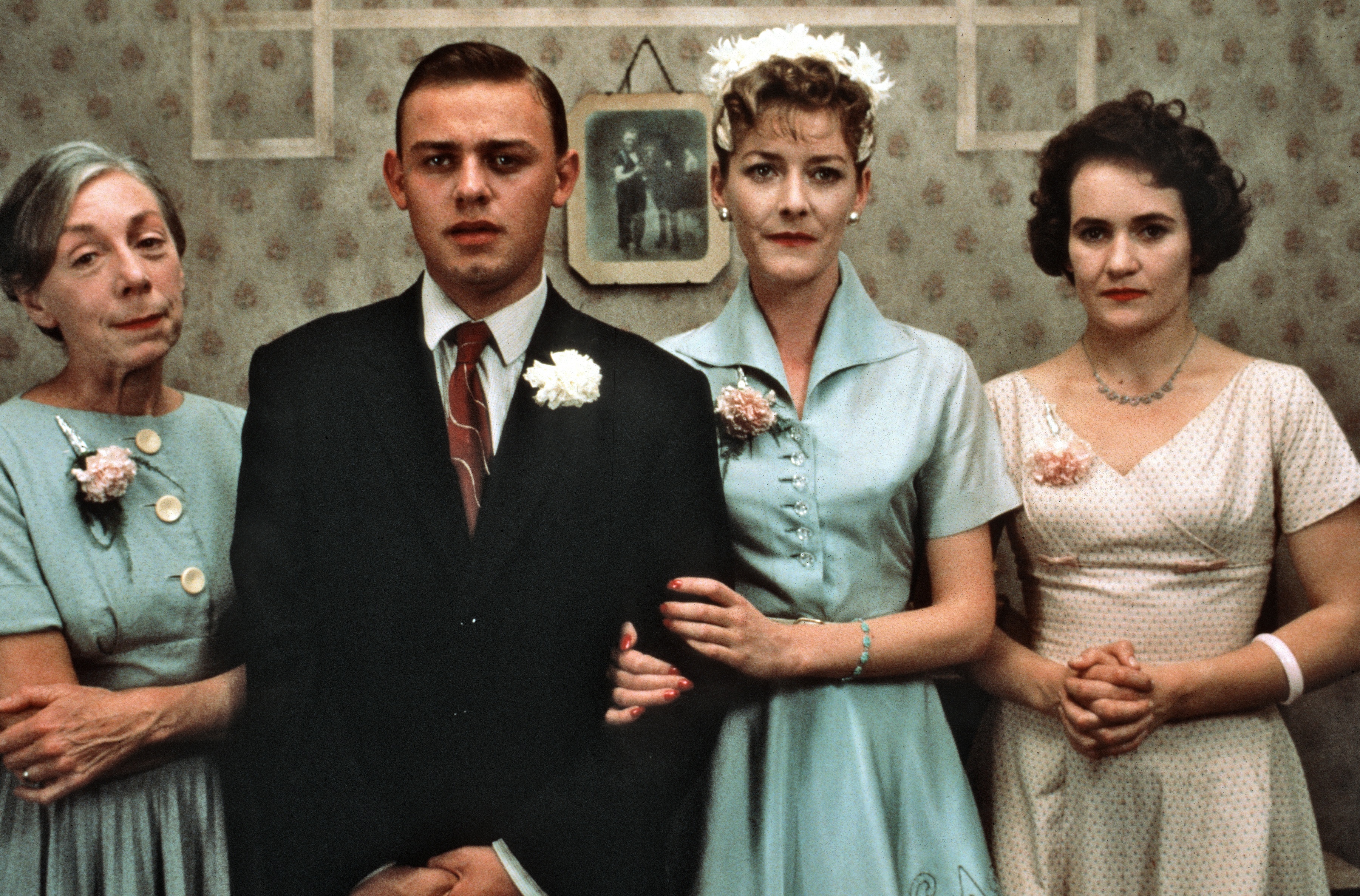
(Terence Davies, 1988) · Terence Davies is often feted as Britain's greatest living filmmaker, and Distant Voices, Still Lives is cited as his greatest masterpiece. The story centers around the children of an abusive father as they reflect on and come to grips with his legacy. This resolutely musical film, in which fragments of melodies and songs become inextricably intertwined with the fraught memories of its characters, powerfully articulates the aftermath of emotional trauma.
runtime: 85m format: DCP
11/30/2017 @ 7:00 PM
Submarine
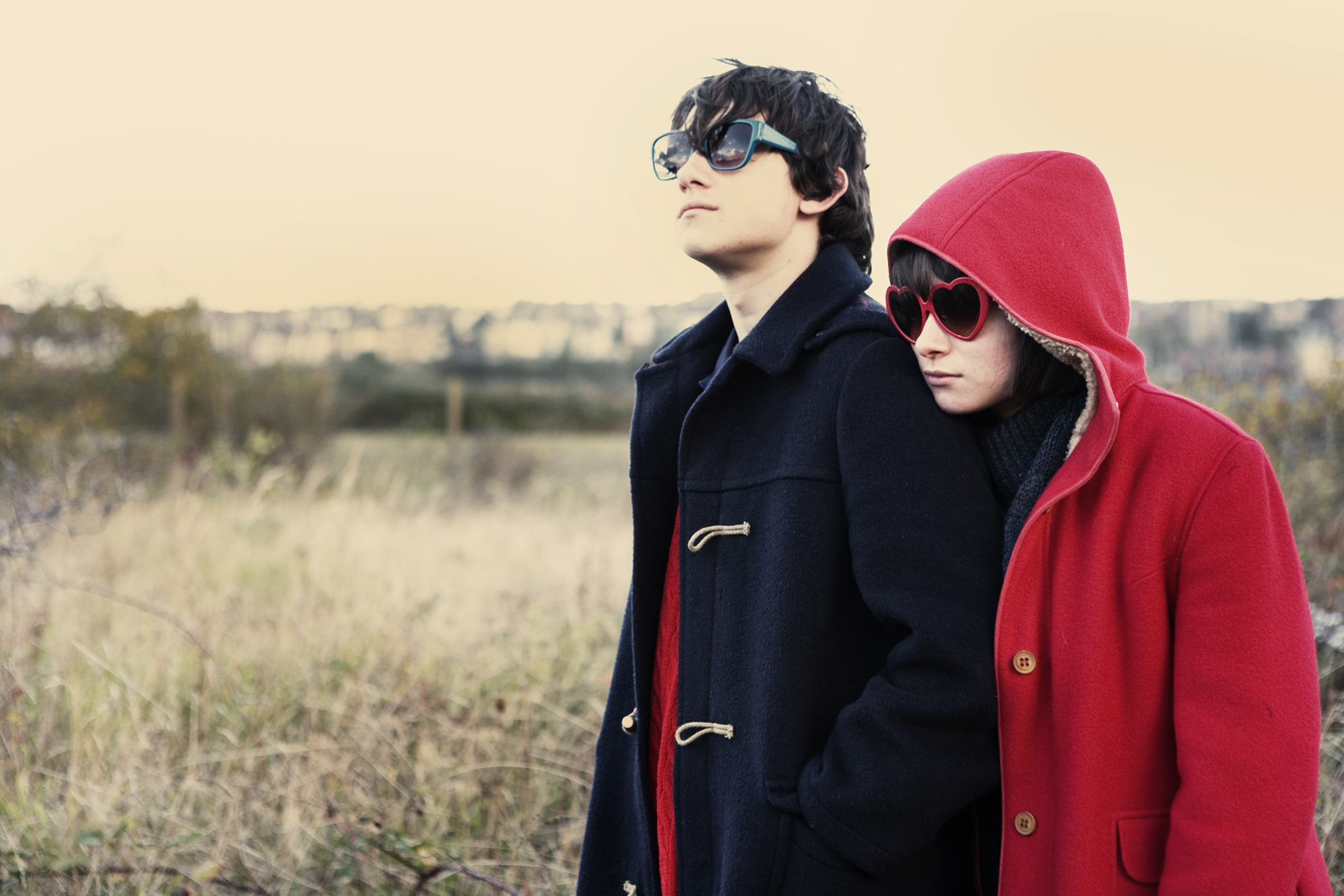
(Richard Ayoade, 2010) · Oliver Tate is a Welsh 15-year-old, suffering from a litany of painfully familiar adolescent torments, including but not limited to alienation from his peers, romantic longing, and a stultifying family environment. Out of these well-worn materials, director Ayoade deftly constructs a strikingly original film, by imbuing them with his distinctly clever and cinematically literate style. This charming romantic comedy also features a specially commissioned soundtrack by Alex Turner of the Arctic Monkeys.
runtime: 97m format: 35mm



